CrossCode on PlayStation 4
Fast, fluid, and effortlessly cool, CrossCode is an astonishing achievement in creative game design, engaging combat, and retro gaming nostalgia. Developed by Radical Fish Games, CrossCode is laugh-out-loud funny, tough as nails, and it’s one of my favorite games of recent years.
An intriguing mix of genres, CrossCode is an action-RPG in which you spend just as much time contending with fiendish puzzles as you do engaging in real-time combat. The whole thing is wrapped in the trappings of a classic MMORPG, veterans of which will get an extra kick out of its humor.
Released on PC back in 2020, CrossCode is now available on PS4, Xbox One, and Nintendo Switch. I spent the majority of my time with the PS4 version, which runs perfectly even during the games more chaotic moments, and looks and sounds amazing.
You play as Lea, an amnesiac player of an MMO known as CrossWorlds, who is unable to logout or even speak, at least initially, due to a malfunction in her avatars speech module. Over time, new words are added, and Lea is able to communicate in a very limited fashion. While it is mostly played for laughs, the whole situation is a really clever take on the silent protagonist trope and something I hadn’t seen before.
Lea’s quest takes her across the vast and varied landscape of CrossWorlds, all rendered in a glorious 16-bit pixel art style, replete with beautiful character portraits, and the story at the heart of her tale is far darker than the game’s colorful presentation would have you believe. The soundtrack, too, is fantastic and is varied and well-performed, with iconic themes for each major area.
At its core, CrossCode is a deep single-player game that masquerades as an MMO, with the narrative heft of the former and the addictive gameplay of the latter.

Each screen of the overworld is filled with NPC’s zooming around, wandering enemies to be engaged with, secrets to be found and optional areas to be explored.
It can all be a little overwhelming honestly, as even if you are simply trying to progress through the main story, it is incredibly easy to become sidetracked by optional quests or simply engaging in the game’s excellent combat.
It can sometimes be difficult to know where to go, due to the way the game presents its world map, but its a minor issue, really. Your objectives are always clearly labeled, and thanks to the abundance of fast travel points, you can retrace your steps with relative ease.
Lea is a Spheromancer, one of the five classes present in the fictional CrossWorlds MMO. You can’t change classes, but your party members represent the others, and they fight alongside you with abilities and tactics that complement your own. It’s cool to engage large groups of enemies with your friends by your side, and really sells the game world as being massively multiplayer.
Spheromancers fight by throwing “balls” (at least, that’s what the game calls them) that more closely resemble the cyber discs from Tron. You are able to use them to engage in melee, throw them rapidly or charge up a larger attack that will bounce off of the scenery, stunning foes if they are charging an attack of their own.
This is achieved through a control scheme reminiscent of a twin-stick shooter, and during some of the more hectic boss encounters, comes to resemble a bullet-hell. There are multiple skill trees that can be unlocked, allowing you to tailor the way Lea performs in combat to suit your own specific playstyle.
Eventually, you gain access to special elemental trees that allow for further complexity. You are able to shift elements with the press of a button to take advantage of an enemy’s weakness, and in the process gain access to a new suite of abilities. Over-reliance on one will lead to an Elemental Overload, however, and you will be at a disadvantage until this debuff wears off.

Combat is difficult by default, but thankfully there are several sliders you can adjust if you find your progress impeded. You can reduce the amount of damage enemies inflict, or the frequency at which they attack. I like a challenge myself, but I will admit some bosses got the better of me, and by reducing their attack rate marginally, I was able to proceed with the game without feeling like victory was just handed to me.
There is a chain system at the heart of CrossCodes combat encounters that gives everything a manic edge, driving you to reckless excess in search of ever-increasing rewards. After defeating a certain amount of foes, your rank will increase, and there is an increased chance of them dropping rare crafting components. Remaining idle for too long will reset your rank, so there is a great incentive to push through just one more fight in search of that sweet, sweet loot.
CrossCode’s puzzles are the other main pillar of gameplay, and they provide some of the game’s largest roadblocks. There are hundreds to contend with throughout the game, and they range from the simple to nightmarish.
They mostly revolve around using Lea’s charged ball ability and will test your gameplay skills in really interesting ways. While there is an option to change the timing of some puzzles, to make them a little more forgiving, you will still have to solve each and every one of them, but thankfully they all follow a similar line of logic.

The game features a massive array of boss encounters, and each plays out like a final exam of both the games combat and puzzle systems, but ratchets both up to 11. There is usually a gimmick to go along with each, but just surviving long enough to exploit it is where a lot of the difficulty lies.
The supporting cast of CrossCode is stellar, and while there is no voiced dialogue, the writing is fantastic and each character is given a distinct and unique voice. Emilie is bubbly sprinkles in some French phrases, Toby is more reserved and full of fun nerdy facts, and Apollo is all bombast and over the top bravado. NPC’s throughout the world will often spout generic MMO jargon, and tropes of the genre are often played up to hilarious effect.
CrossCode hearkens back to the glory days of the Super Nintendo and is on a par with the best games of that legendary system. It wears its influences on its sleeve and is equal parts Chrono Trigger, Terranigma, and A Link to the Past, but with the modern advantages and conveniences we often take for granted.
It’s beautiful animations and art style, deep and engaging combat, and meta-commentary on the way we play games combine to make CrossCode a modern classic in its own right, and a fantastic throwback to one of gaming golden ages.
- Charming and expansive narrative
- Deep and engaging combat
- Fantastically well-designed puzzles
- World map can sometimes be confusing

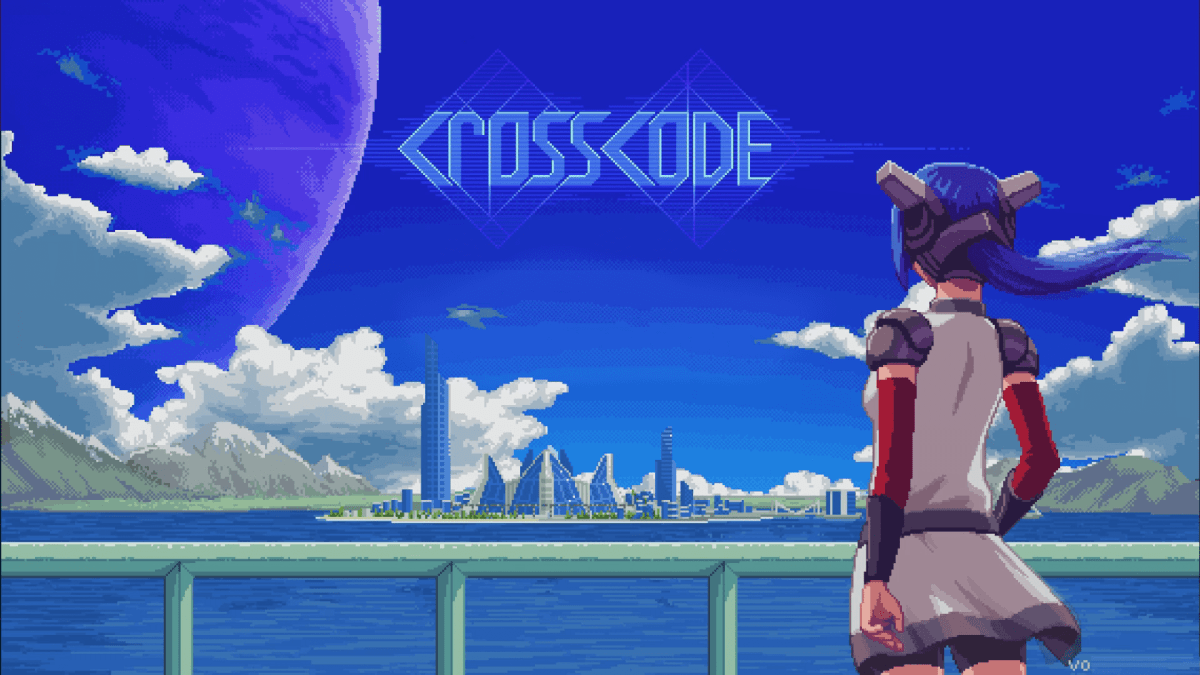

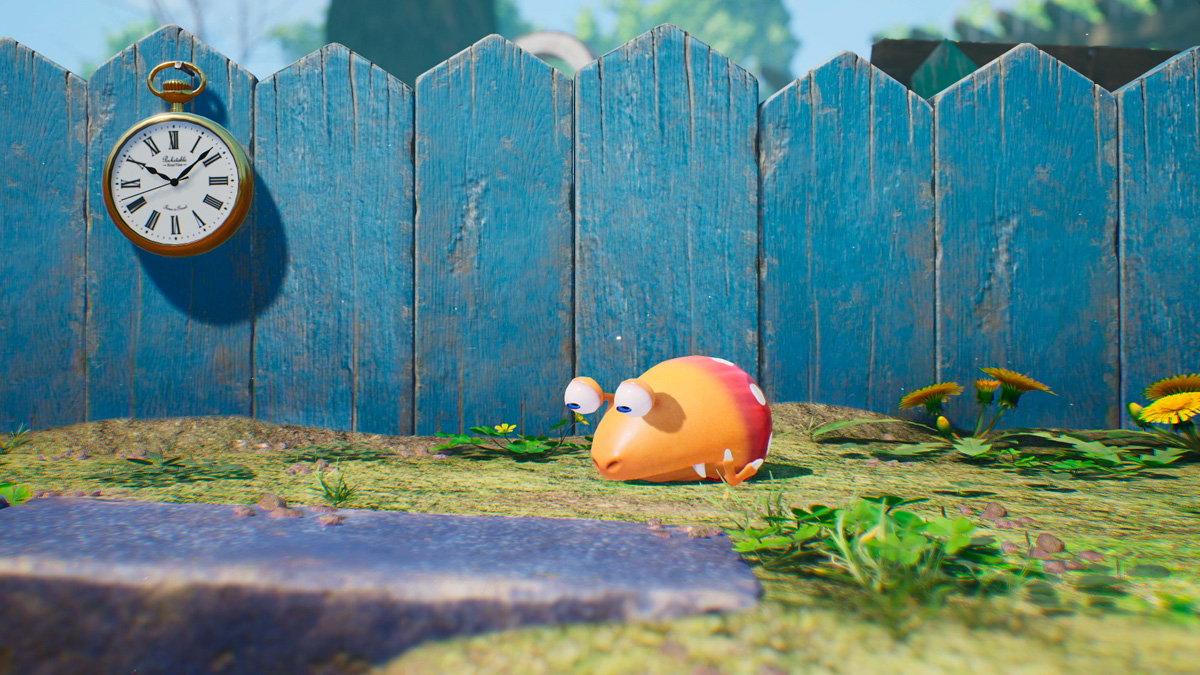


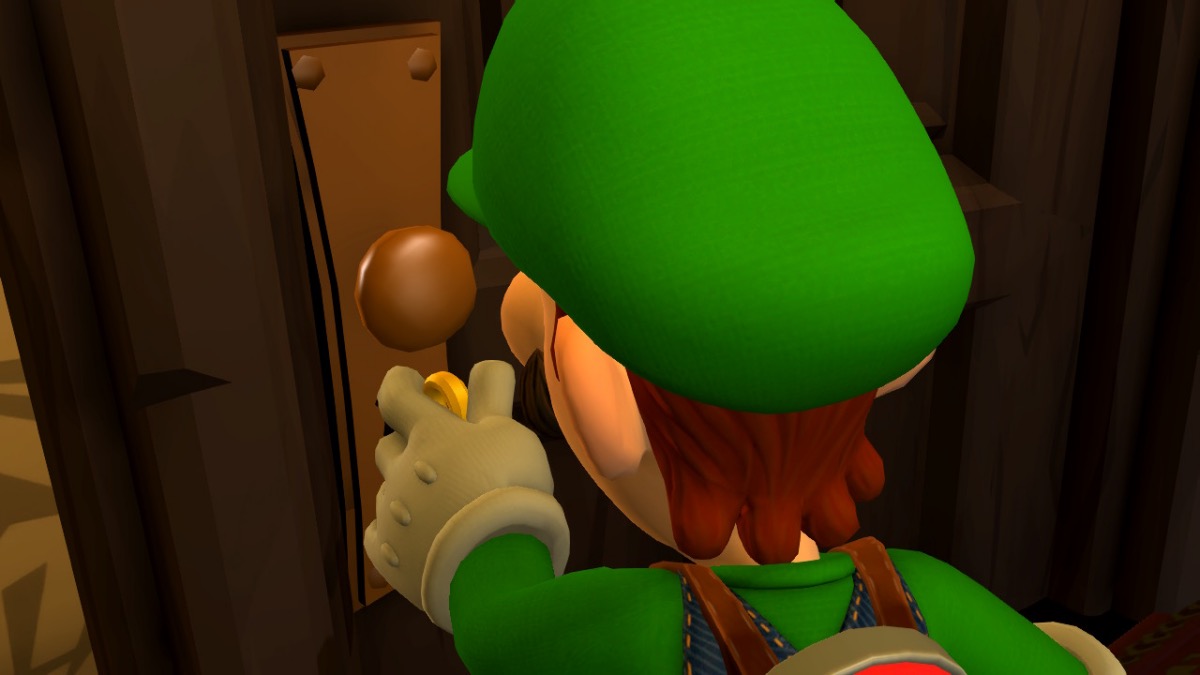

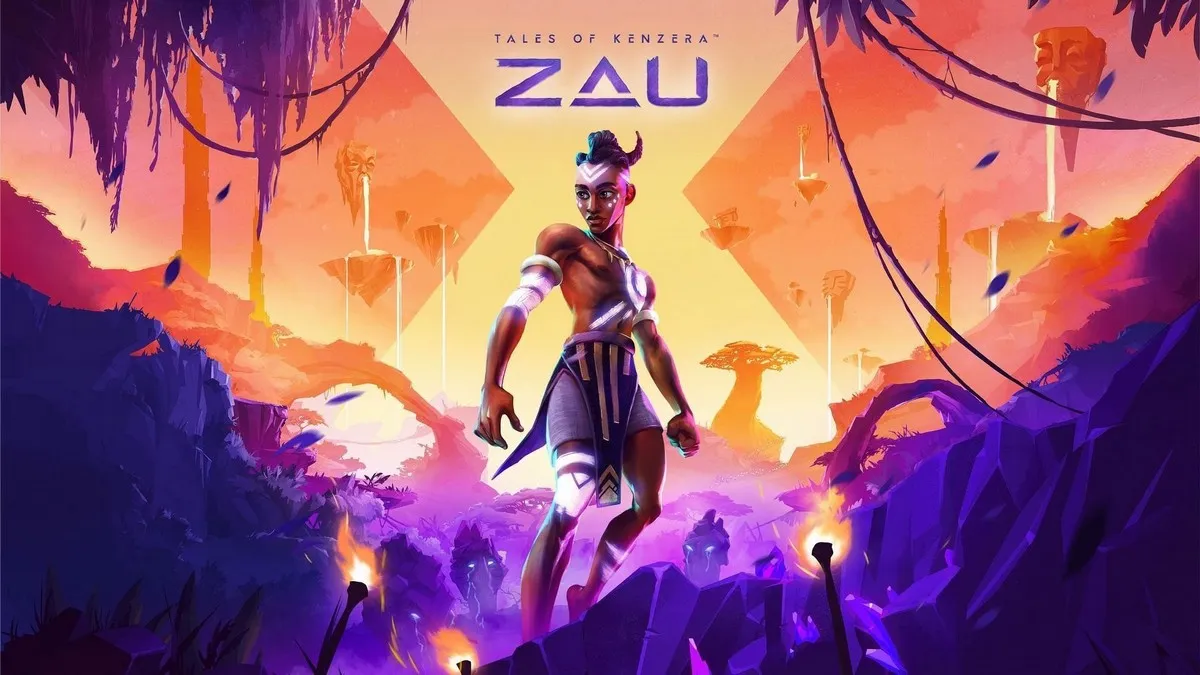



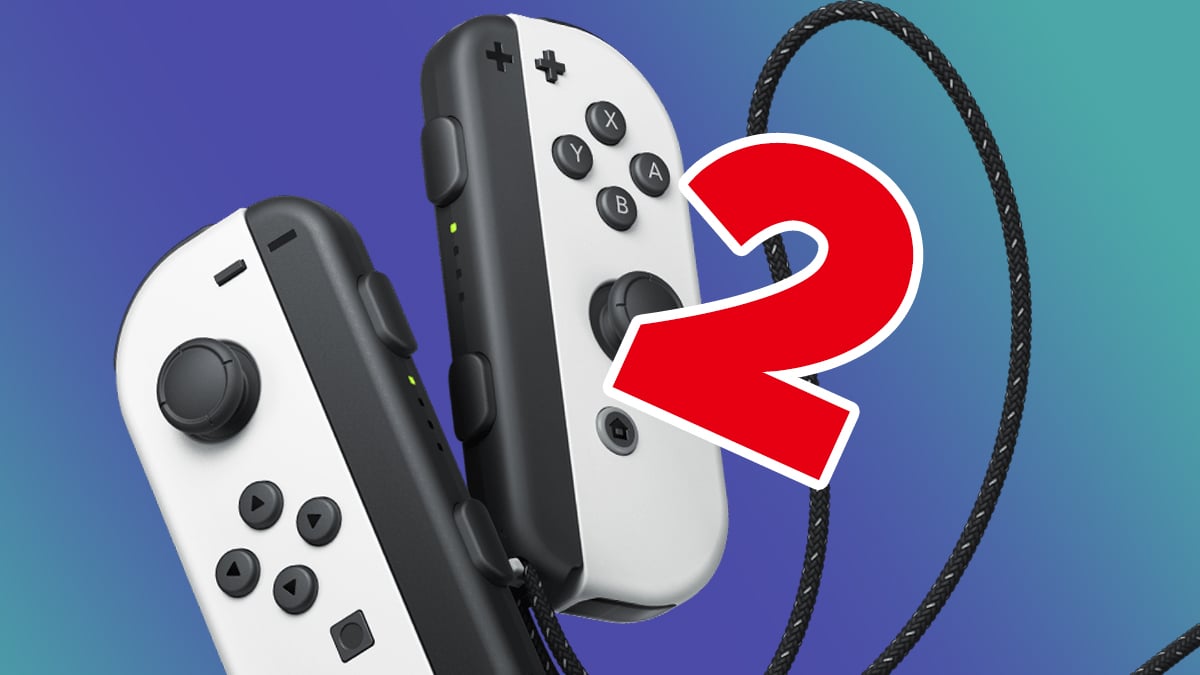
Updated: Apr 2, 2021 02:32 pm